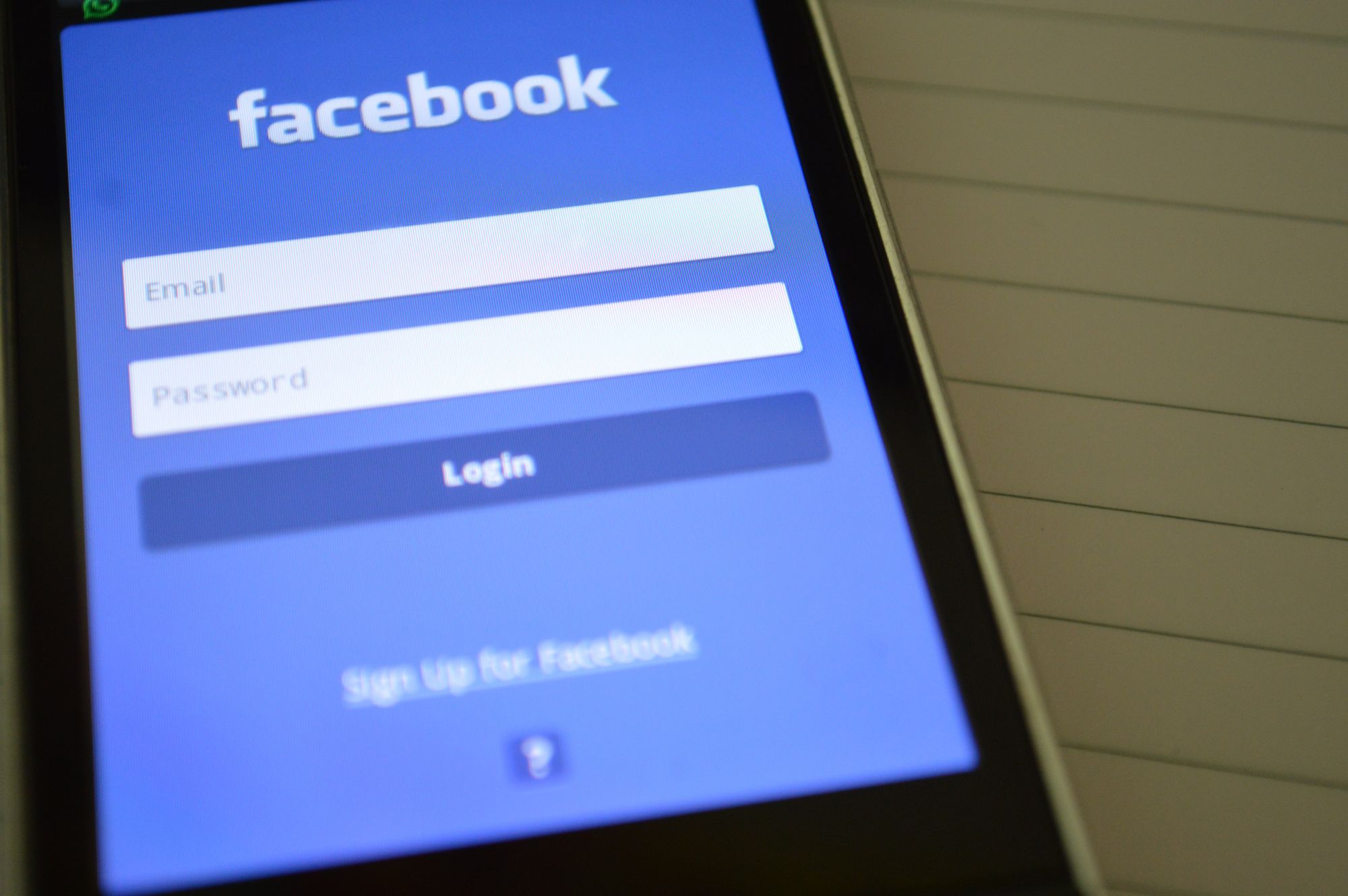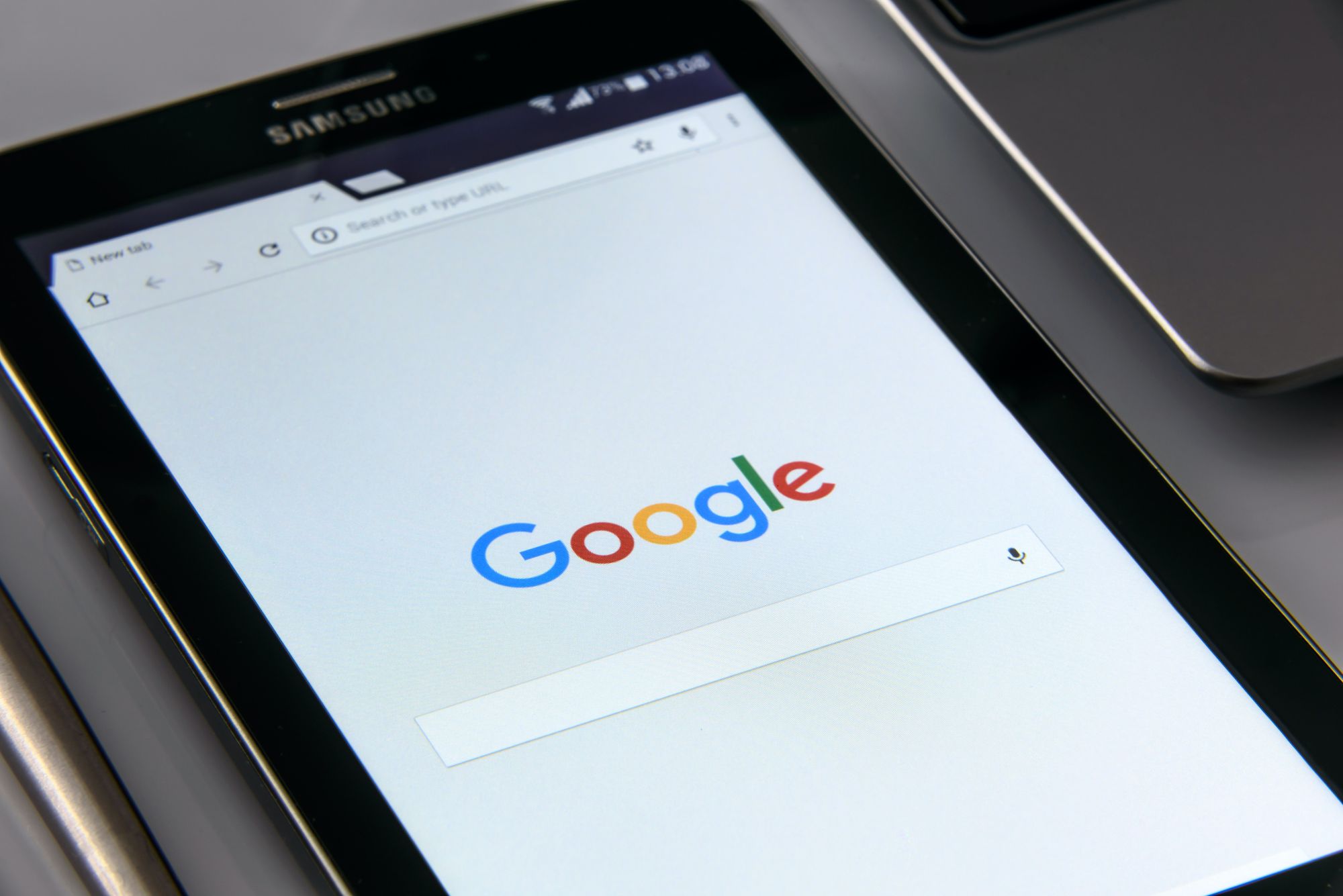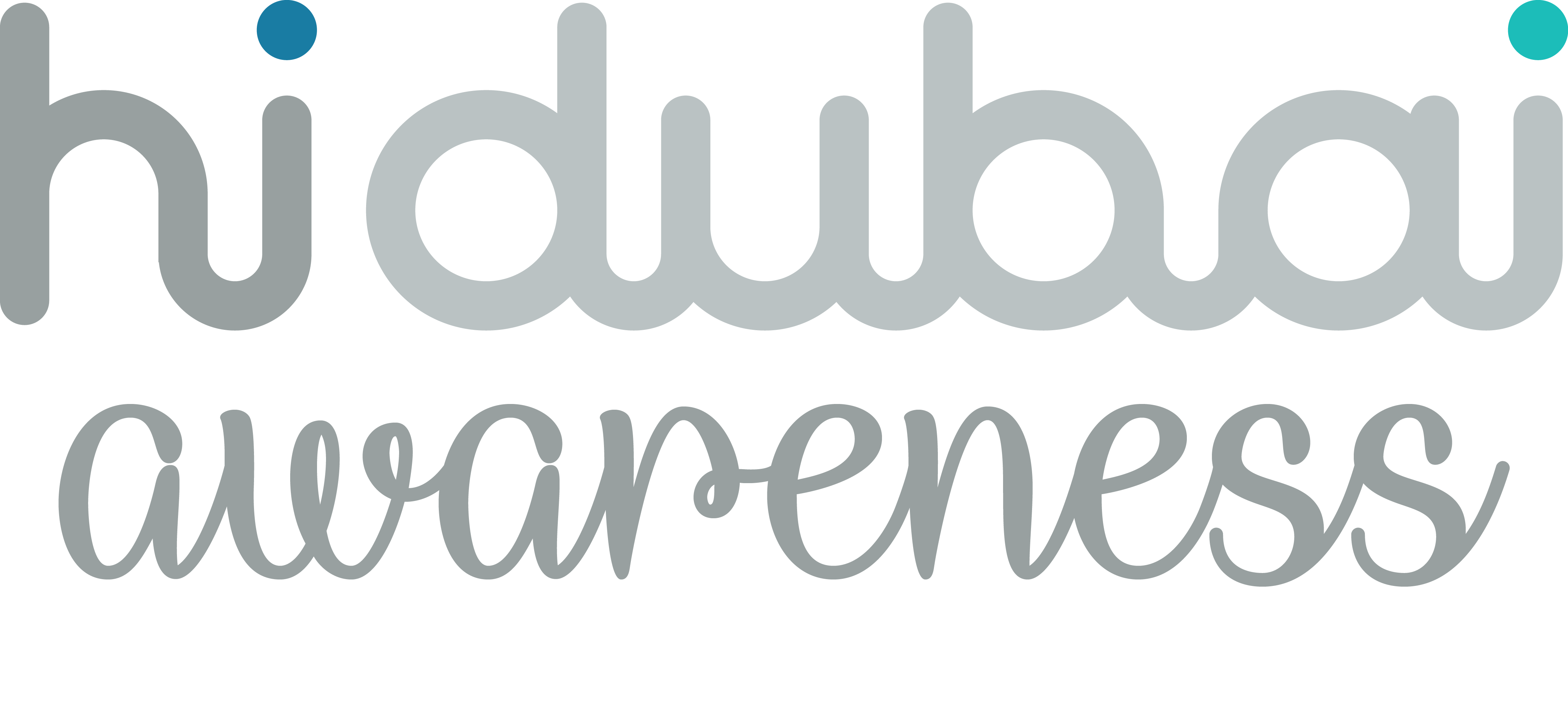Are Tech Giants, playing long-term game?
It is no secret that a pandemic like COVID-19 can have a substantial impact on the global economy, quickly bringing it to its knees no matter what country you choose. However, the focal point for governments and concerned authorities always lies in the next step of call-to-action. Depending on the scale of damage to both local and international economies, a thorough assessment with an immediate call-to-action plan needs to be implemented. Given the current status held by some of the significant technologically leading conglomerates around the globe, puts them in a position that may be seen as advantageous for the economy on a local if not global scale. Listed below are a few suggestions compiled through research as to how these high-status holders can help cushion the blow of the impending financial crises looming over the global economy.

A leading social networking platform had shifted its vision table a little following the incorporation of businesses interest in the platform to expand their consumer reach. In the current pandemic era, a larger chunk of online traffic gravitated towards social networking sites for information, entertainment and in search of a means to support their business. This large-scale shift in traffic gives websites like Facebook extraordinary data, conveying a form of authority and power over the demand tidal wave that are the ‘stay-at-home’ consumers. This data includes information on sectors and businesses that are struggling the most during COVID-19. With the available information at hand, if channeled wisely can benefit small businesses that have been dealt with a heavy hand. An important aspect of developed economies is their two main sources of sustenance: consumer spending and small businesses. Taking this into account, Facebook came out with a direct form of assistance with their $100 million fund for small businesses. Allowing 30,000 small businesses in over 30 countries to benefit from cash grants and ad credits.

Following the footsteps of its parent company, Instagram has taken small steps of its own to incorporate a support system for small business. With ‘Support Small Businesses’ tag in stories gaining popularity over the past couple of weeks, Instagram has provided an outlet for its users to take the initiative to help promote local and small businesses. Though this initiative has gained the required momentum, another suggestion to help increase traffic and give small business the visibility that they desperately need comes in the form of external links via Instagram posts. Currently unavailable, this move has the potential to benefit small businesses on a personal level as consumer traffic will be maneuvered directly to the business website. If not on a long-term basis, allowing external links for a short period can also make a huge difference.

The fact that Google accounts for 70% of web referrals and that Google Maps revenue, depends on the existence and advertising of the small business sector; gives Google a somewhat unique positioning to lend a helping hand. One way to go about this is to overhaul local listings on google maps and make significant updates in response to the pandemic conditions. The changes could include options and tags that are directly beneficial for local businesses such as, revised timings, adding options for direct gift card purchase, highlighting business websites, direct links or display for takeaway menus, etc. Another suggestion comes in the form that is similar to that of Facebooks ad credit offers. This will allow businesses to benefit and recover on a fast and stable pace. Google’s other primary promotional tool that can be tweaked a little in favor of small businesses is through Gmail’s promotion Email tab. Perhaps this was one of their most simple yet impactful upgrades to shift the promotional emails to a different tab altogether. However, given the current circumstances of the local business community, this change may be more useful if reversed, allowing the promotional emails to show in the primary email tab, encouraging individuals to make purchases on the spot and support the small business sector.
Others

A lot of the suggestions and ideas mentioned above may not necessarily apply just to those tech giants under which they are mentioned. The suggestions are applicable for other businesses in similar fields as well, as long as the main aim is to benefit small and local business, which in turn is beneficial for the global economy in the long run. The exposure and power that platforms like YouTube, Reddit, Microsoft, Amazon, Twitter, Linkedin, etc., hold are of tenfold the importance in a pandemic situation like now as compared to the pre-pandemic era. E-commerce and online viewership have seen an increase in consumptions levels like never before and those involved in catering to this demand indeed hold a sort of power that can be wielded for the benefit of every entity struggling to make ends meet. To better understand this statement, we can look at the combined figures brought forward by YouTube, Facebook and Google that account for about 2/3rd of the web traffic.
A creative model that was implemented by Reddit (before COVID-19) that became an instant hit and shows promise if the same were applied now (during COVID-19) by other social networking platforms like Facebook, Twitter, Linkedin, etc., is the Secret Santa program. The concept encouraged users to purchase Christmas presents for loved ones from local businesses and get one in return. This was a successful initiative that prompted a rise in sales for the local businesses. However, the only challenge that tech giants would need to overcome is building demand that levels to that seen during Christmas and New Year.
With the increased usage of websites like Amazon and Microsoft comes the access to ample amounts of extraordinary data that can be used to narrow down the most eligible business sector to receive and benefit from ad credits. Giving them the same amount of support that is usually targeted towards non-profit initiatives and businesses.


